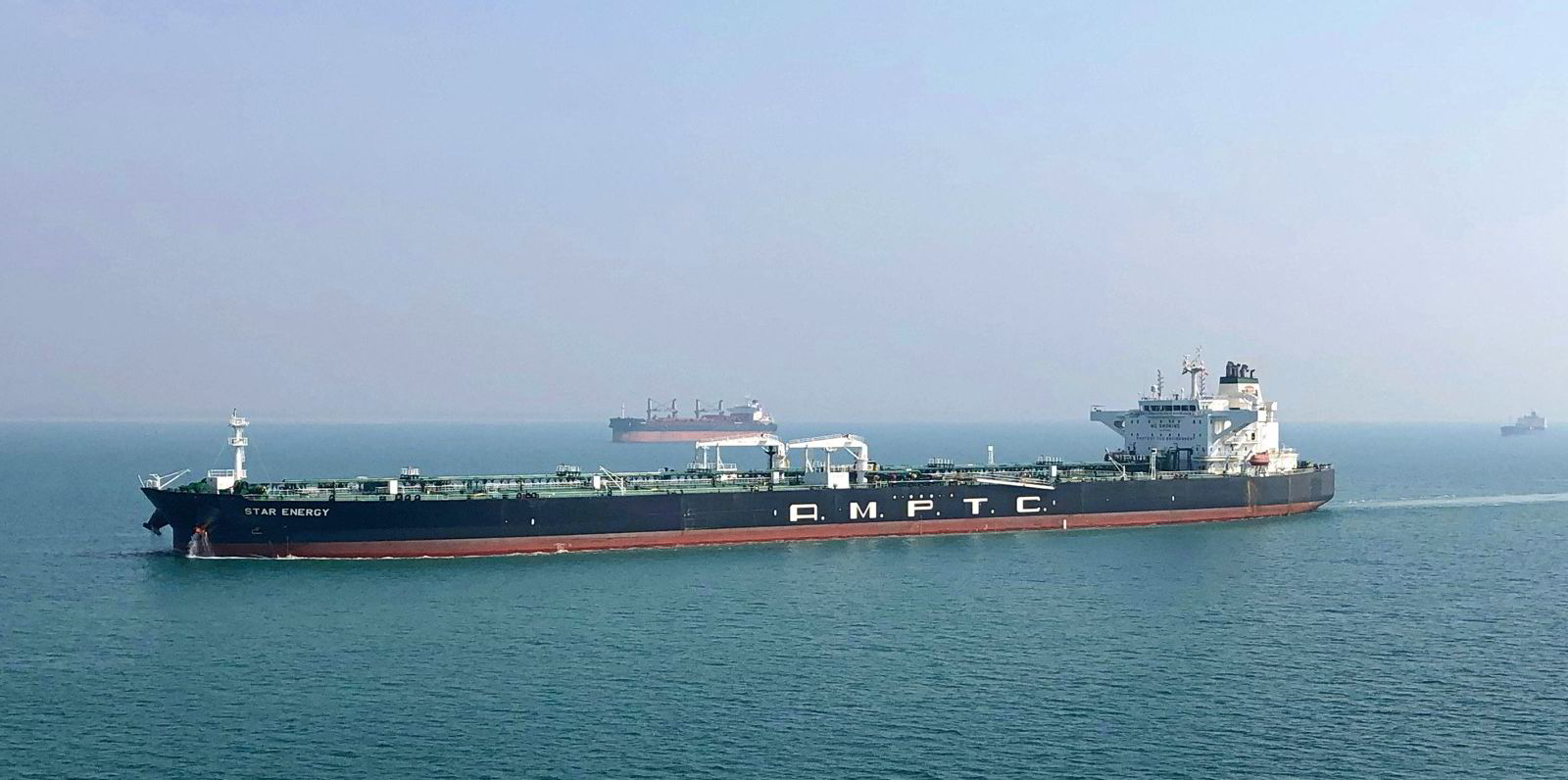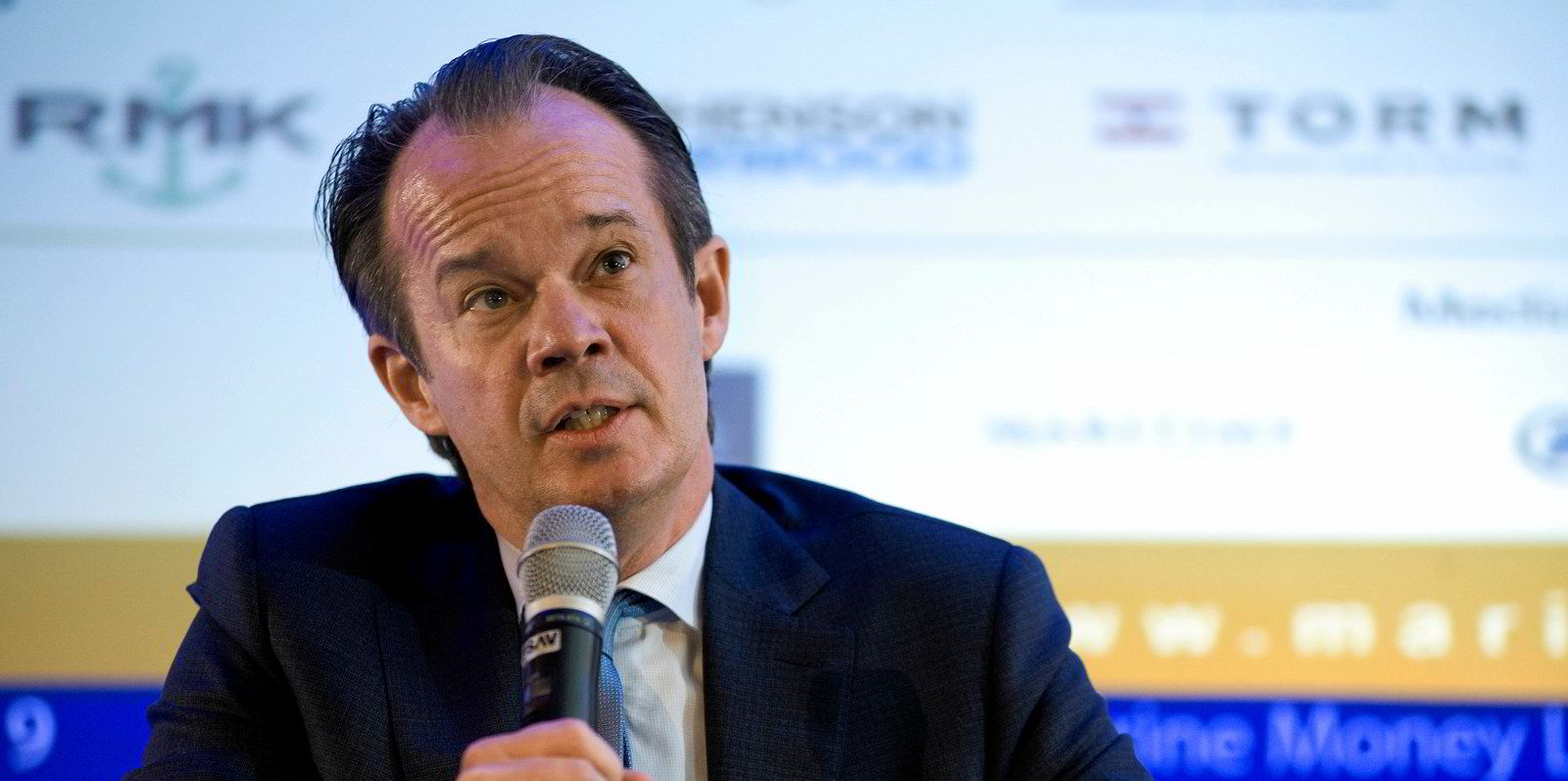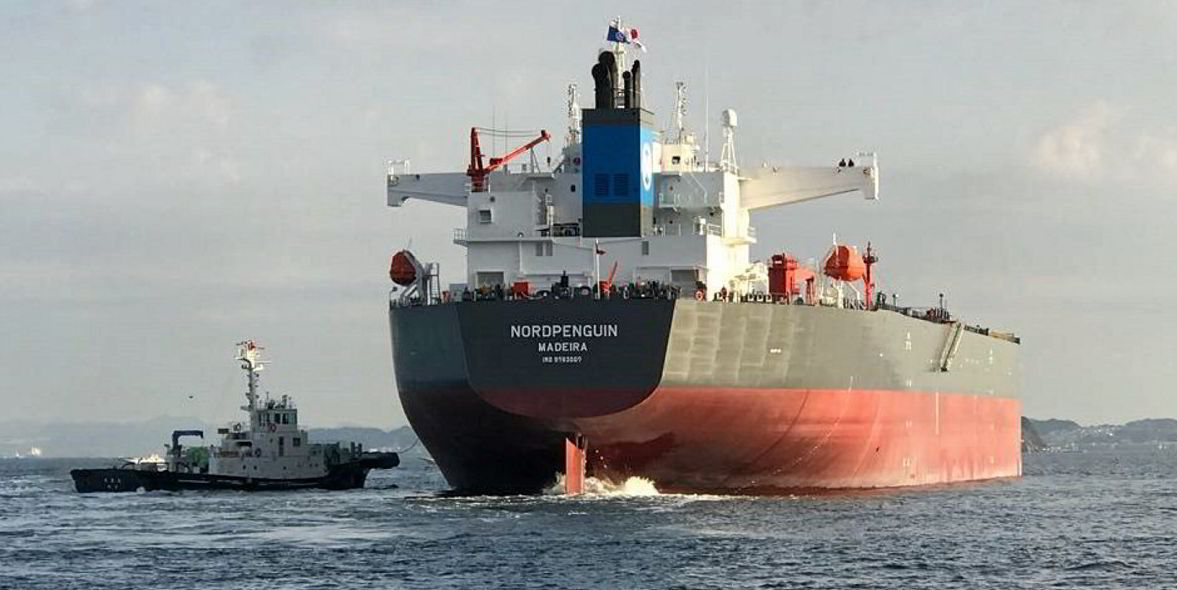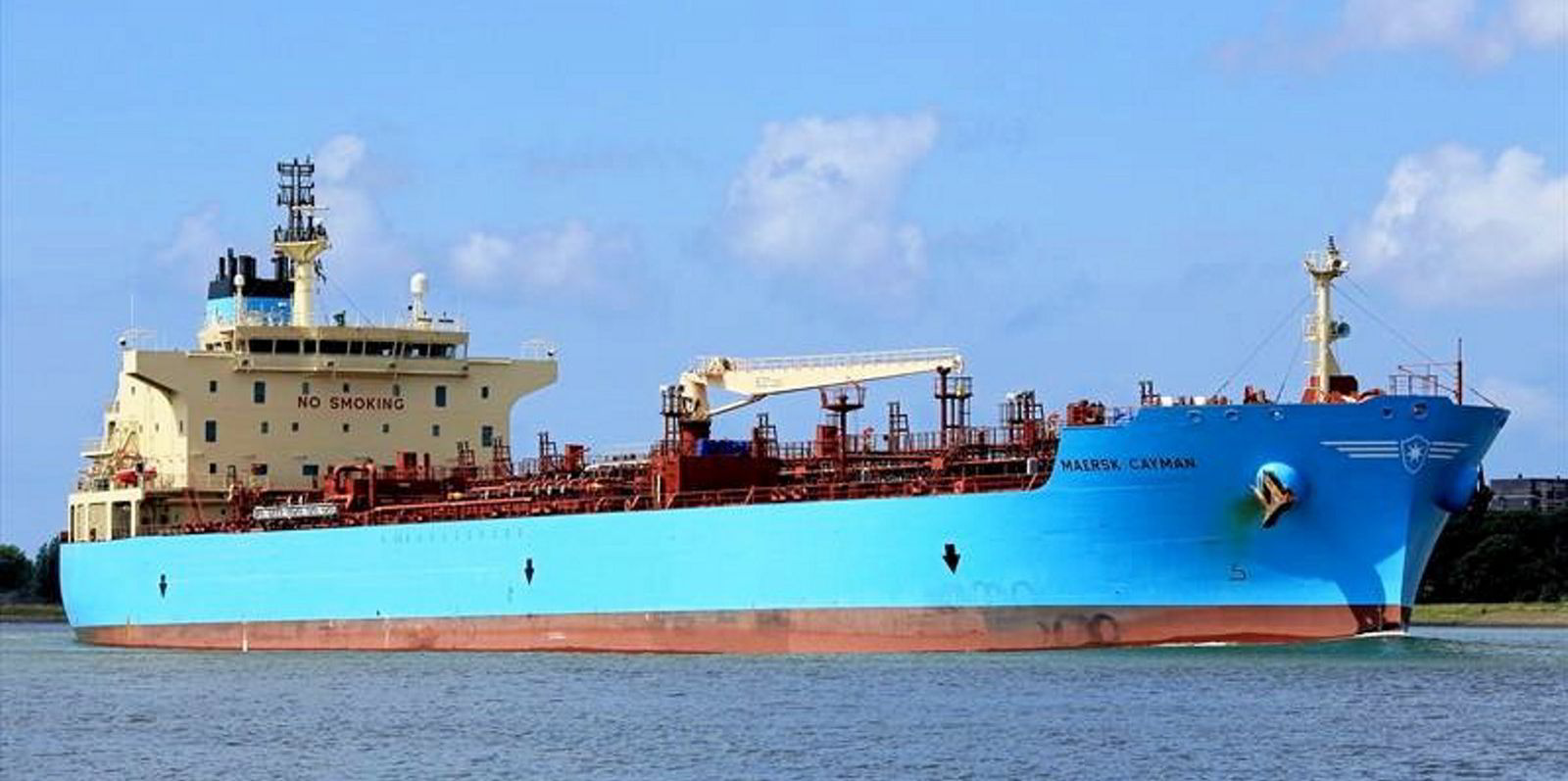Engen Petroleum has unveiled a plan to convert the Duran refinery into a fuel terminal, a development that is set to lift demand for product tankers but lower long-term requirements for crude carriers.
South Africa’s oldest refinery had accounted for about 17% of the country’s fuel production before it was shut after a fire in December.
Following a strategic review triggered by the incident, Engen recently concluded that the 120,000-barrel-per-day (bpd) refinery is “a low capacity, medium complexity facility with limited upgrading potential”.
“The Engen refinery is unsustainable in the longer term,” said chief executive Yusa Hassan, whose company is majority owned by Malaysian state energy giant Petronas.
“This is primarily due to the challenging refining environment as a result of a global product supply surplus … exacerbated by the onset of the Covid-19 pandemic, which resulted in further contraction of demand.”
Socio-economic benefits
Hassan added that the conversion project would bring social-economic benefits to the local community. The storage terminal is expected to be commissioned in the third quarter of 2023.
Kpler data showed Durban imported 167,000 bpd of refined products in the first quarter of 2021, up from 99,700 bpd in the final quarter of last year.
Crude imports fell to 183,000 bpd from 309,000 bpd.
Analysts expect the refinery’s permanent closure to prompt South Africa to import less crude on suezmaxes and more gasoline and middle distillates on MR tankers.
Large, modern refineries in India and the Middle East are well positioned to supply the country with refined products, brokerage Banchero Costa’s research head Ralph Leszczynski told TradeWinds.
“Product imports to South Africa have been growing steadily in the past years, as a long-term trend,” he said. “I assume that South Africa will pivot to getting even more products from those sources in the future.”
Filling the gap
Sharing a similar view, Gibson Shipbrokers research head Richard Matthews said the development is “good for product tankers in the Middle East and India” whose refineries have been filling the supply gap.
“Of course, crude tankers lose one small demand outlet, but it’s not a game changer,” Matthews added. “The refinery is not huge, so it’s not transformational for the market.”
Faced with weak demand during the pandemic, many refineries in Europe, Australia and New Zealand have been closing down for good in recent quarters.
Tanker experts believe the trend would lead to more tonne-mile demand for product tankers in the long term, with new refineries in Asia expected to hike their exports to those markets.







